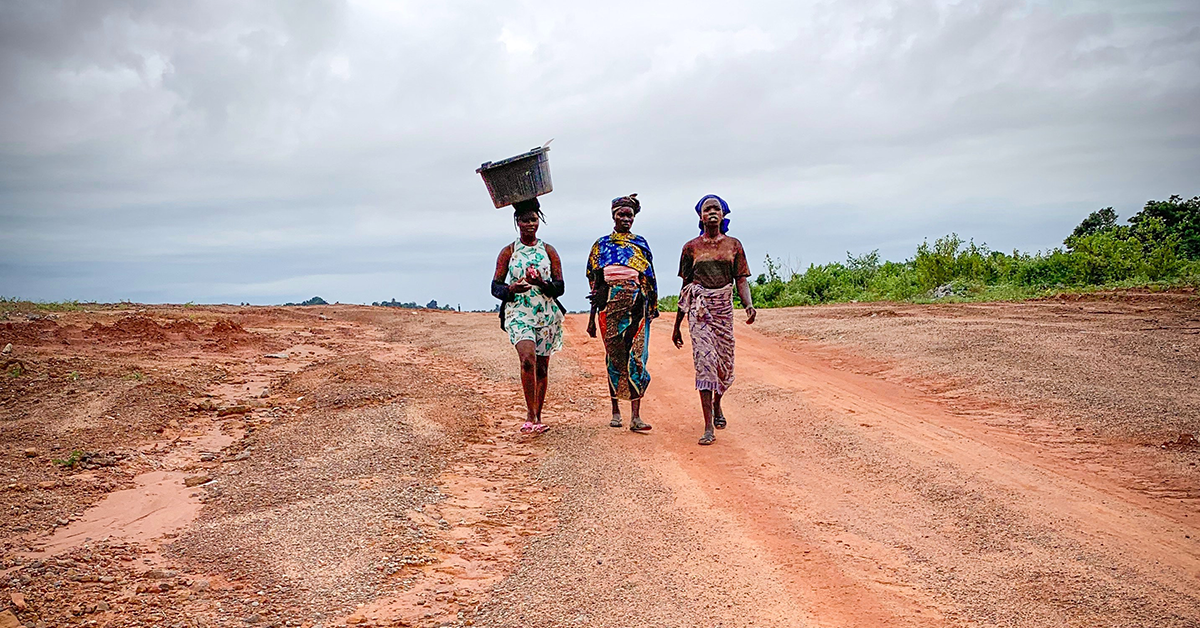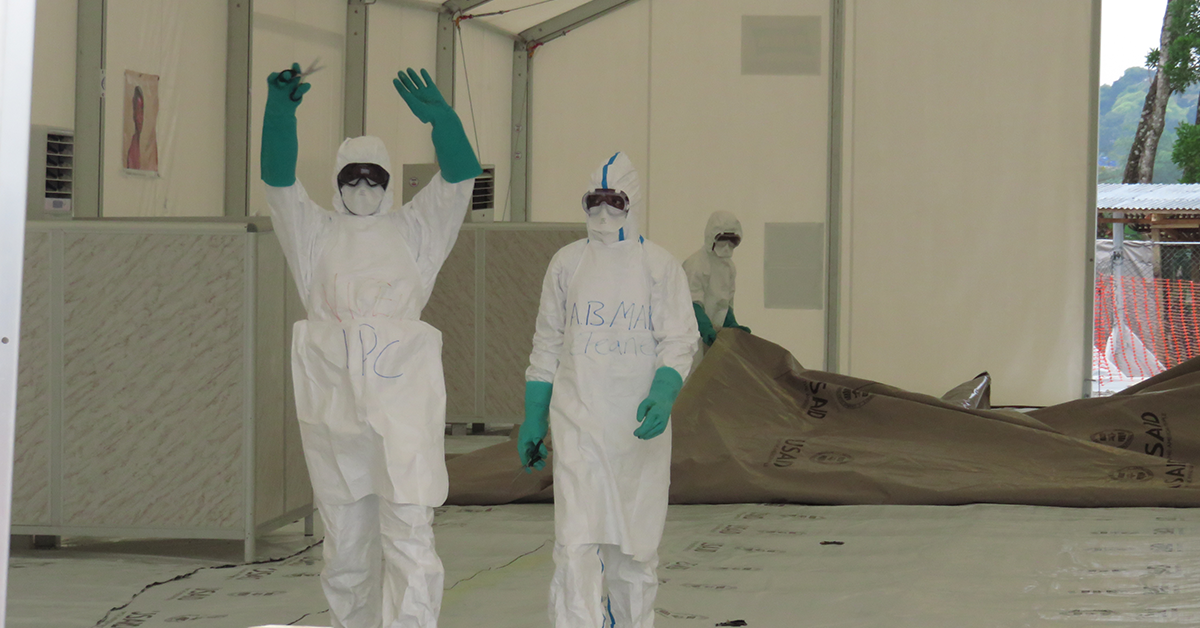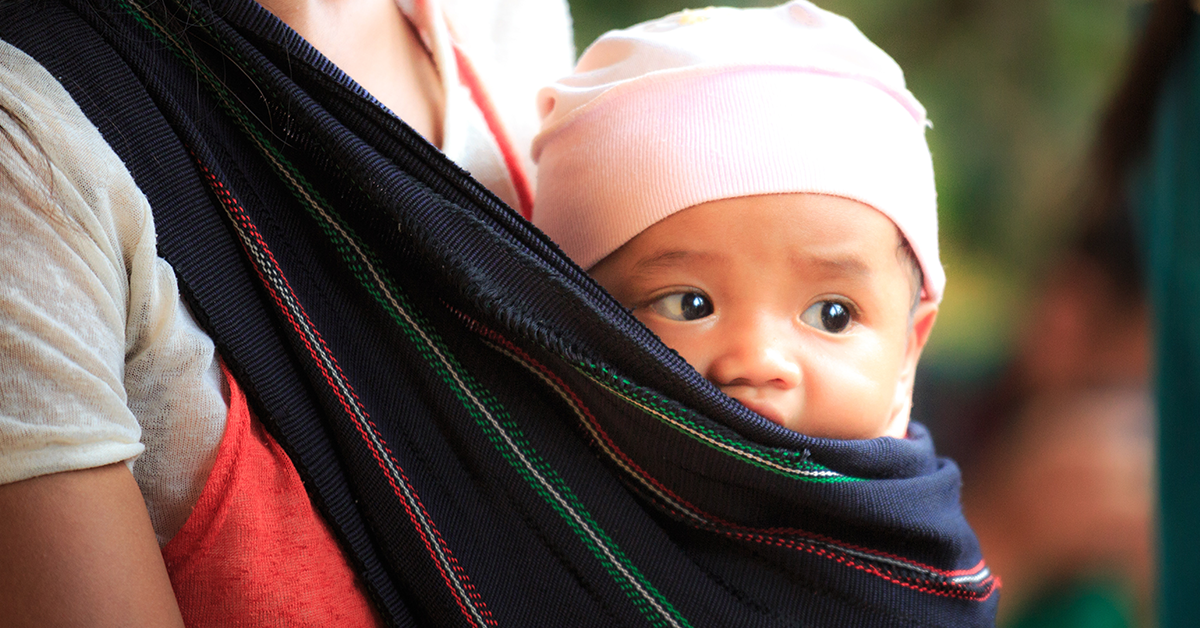COVID-19: Consequences for Women and Gender Equality

Photo by Tope A. Asokere from Pexels
COVID-19 has shocked the world. Global cases have surpassed the 43 million mark and deaths exceed one million.
The crisis has developed from being solely a health crisis into one with economic implications for the entire world. Stock markets have been tested by turbulence and normal life has been put on hold. For months, schools and universities across the world had shut, and despite it being the foundation of humanity’s existence, all social interaction had ceased. In April, there were more people in lockdown across the world than there were people alive on our planet at the onset of WWII.
CRISIS PUTS WOMEN AT DISPROPORTIONATE RISK
Research has shown that men and women are being infected by the virus in equal numbers, but the illness appears to be more severe for men than women, with men being at a much higher risk of death.
However, just as in all other areas of life, pandemics affect men and women differently. While the virus may not pose as great a risk to the health of an individual female compared to an individual male, COVID-19 will confront women with other just as serious health and economic risks. These risks are linked to the roles they have in society, and these can have long term implications – especially for progress in gender equality.
Women’s freedom will become a victim, however, awareness of these risks can protect women’s vulnerabilities and mitigate the impact this virus does have on them.
WOMEN AS HEALTHCARE WORKERS
Around the world, women make up 70 percent of the healthcare workforce which places them squarely on the frontline of the effort to combat COVID-19. While some are doctors, many are nurses, midwives, and other healthcare workers and assistants. Men make up the majority of doctors, but a significant majority of nurses across the world are women and it is them who conduct primary healthcare interventions. These tend to be intimate, requiring close contact, and include practices such as checking vitals, taking blood and administering medicine. Compared to doctors, nurses’ exposure to patients is therefore much higher than other medical professionals, which makes them much more likely to contract COVID-19.
Despite this high representation amongst the healthcare work force, women’s participation in the senior and executive leadership side of the industry remains limited. Of 191 countries reviewed in 2015, only 51 countries had female ministers of health. Women’s inadequate levels of representation in leadership positions means a lack of women in decision making. In healthcare this is critical as it means women and their needs will lose out or become second in importance to other pressing matters such as the virus.
WOMEN AS RECIPIENTS OF HEALTHCARE
Women’s lack of healthcare decision-making coincided with overwhelmed healthcare systems compound inequalities by affecting women’s receipt of essential care.
Alike other previous crises, COVID-19 has interrupted access to vital sexual and reproductive health services. The UNFPA has reiterated, ‘safe pregnancies and childbirth depend on functioning health systems and strict adherence to infection prevention’. Today in Afghanistan 485,000 women who are pregnant or lactating are also affected by acute malnutrition. These women are in need of sufficient reproductive healthcare without COVID-19, which makes their access to satisfactory healthcare even more necessary in light of the greater risk posed by the virus.
And, just as pregnancy doesn’t pause for a pandemic, neither do periods. Efforts to support people’s access to other essential needs such as food or water overshadow women’s essential need for contraception or sanitary products. This can severely impact women’s sexual health and crucially, their dignity.
Containment efforts during the outbreak of Ebola between 2014 to 2016 in West Africa resulted in the diversion of staff and supplies from women in need. This had devastating consequences. Maternal mortality in the region increased by 75%, and the number of women giving birth in hospitals dropped by 30%.
“In Liberia during the Ebola outbreak stories also circulated of pregnant women being denied access to clinics because they did not have Ebola, forcing them to give birth in the streets, in cars or at home.”

Problems such as limited medical resources available specifically for women, or lack of gender sensitivity when coordinating responses to COVID-19, could prove just as fatal in developing or fragile settings today.
Even in developed nations today women and their needs are already being abandoned: the New York state has barred visitors to labour and postpartum units. While this may initially appear logical under the circumstances, this move will leave women giving birth alone and has overlooked the fact that continuous moral and physical support for women through labour reduces the risk of complications and therefore death.
DOMESTIC VIOLENCE AND SEXUAL ABUSE
Across the world 137 women are killed every day because of domestic violence or abuse by a member of their own family. During times of insecurity and stress over health or income, incidences and severity of domestic violence increases. According to reports, inquiries for support against domestic violence increased three fold for a Beijing-based women’s rights organisation whilst COVID-19 lockdown restrictions were imposed in China.
During this crisis, systems which would normally protect women from gender-based violence may weaken or cease to function at all.
This may include moral support systems provided through women’s social contact with friends or family, or local women’s organisations and charities. In severe cases strains on law enforcement provoked by the virus may hamper support provided by the police. Added stress on healthcare systems because of the virus will also limit effective physical and psychological treatment for gender-based violence survivors. This poses a huge threat to countries where Gender Based Violence is rife. In South Sudan for example, 1 in 2 women have already suffered from intimate partner violence.
WOMEN AS CARERS
Research by the International Labour Organisation has shown that across the world women complete 76.2% of the total hours of unpaid care work, which is more than three times as much as men. Women are more likely than men to take on the increased burden of care work caused by the virus, despite many women’s responsibilities already being stretched further than their physical capacity. School closures and urges for families to quarantine are in many parts of the world triggering a shift of care work from the paid economy – schools, nurseries, care homes and sometimes hospitals – to the unpaid economy. And women are suffering the consequences.
The majority of women across the world already assume the most responsibility for child-rearing. With schools closing and children being kept at home, this responsibility is compounded by disrupting the usual protected time women have without their children during the day.

Across all countries many women have had to assume temporary roles as teachers and caregivers within their home, and this is on top of many still having to do paid work.
For some this may be working from home, but others are still expected to leave their home because they are essential workers. This can limit women’s economic opportunities when women have to sacrifice their paid work in order to care for children, or if their usual productivity is reduced for the same reason. This proves exceptionally challenging for single parent households or women whose only source of income requires her to leave the home. To put this into context, over one quarter of households are headed by women in Burundi, the Democratic Republic of Congo, Sierra Leone and Liberia. For both male and female workers of the services or agricultural industries that largely dominate these countries and many others across world, working from home is not an option.
In many cases this child-rearing responsibility is a sacrifice made to allow their higher-earning male partners to continue working. But this pushes women back into the traditional roles that women, feminists and equality champions have made so much effort to eradicate. Unfortunately, many women will be restricted by these traditional gender ideal until schools and childcaring facilities reopen.
THE ECONOMIC IMPACT OF COVID-19 ON WOMEN
As has already been indicated, COVID-19 will exacerbate existing gender inequalities because of its differential economic impact on men and women.
Even before the outbreak of COVID-19 the UNDP’s Gender Social Norms Index revealed that 40 percent of people across the world feel that men have more right to jobs during periods of low employment.
With the majority of women being lower earners than men, constituting a greater proportion of part time and informal workers, their jobs are perceived to be of a lower priority than men’s. Women therefore suffer not just as a result of their traditional caregiving roles, but by something much less deep-rooted: simple, but damaging practicality. The majority of men are paid more than women, so their employment takes precedence.
During a crisis women are the first to lose their jobs or suffer reductions in their salary compared to men because of the dominant ‘male breadwinner’ norm. They are also the first to give up their jobs in order to assume other caring responsibilities. Any of these disruptions to women’s employment can last not just for weeks, but for months or even years. This makes it harder for women to recover economically following a crisis. Despite all salaries falling initially, after the Ebola outbreak it has been said that men’s income recovered much faster than women’s. It would not be surprising if a similar pattern accompanied COVID-19.
WHERE WE GO FROM HERE
While there will certainly be many men who will support women and their interests in this time of crisis, there will be those who do not, and many women will suffer. Progress towards gender equality risks being reverted with women around the world once again being pushed into the status of ‘second-class citizens’. Awareness and action are essential to prevent this, especially within developing or fragile communities.
Gender and its relationship to COVID-19 has to be recognised and understood in order for individual countries, and the collective world to create a full and comprehensive response plan to tackle the virus. Only responses that target the broader impacts of the virus on women will be successful. This includes by closing the gender data gap as UNWOMEN has called on, and collecting and reporting on sex-disaggregated data related to differing infection rates and differential social and economic impacts, including experiences such as GBV.
Women must be recognised as equal partners – in the creation, implementation and evaluation of response processes. Their voices must be heard, and their needs must be accounted for.
This virus, despite its severity, provides an opportunity to highlight the immensity of women’s contributions to the functioning of our global system, and to also recognise the risk this enormous responsibility can pose to women’s wellbeing in times of difficulty.
